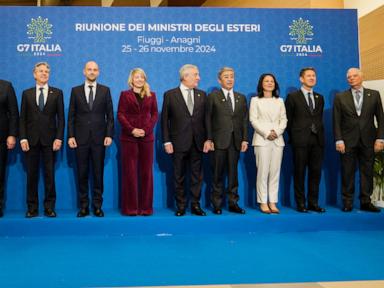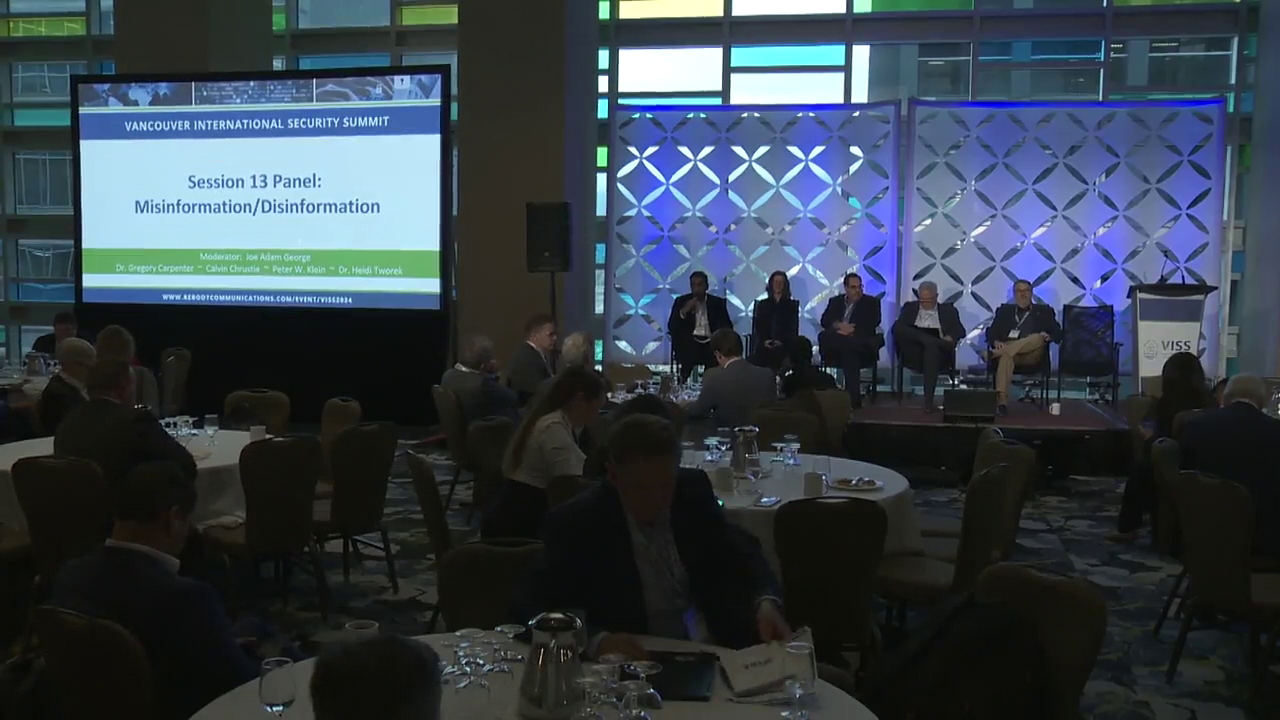ARTICLE AD BOX
The Pakistan election has failed to produce a clear winner, leaving the military's favoured party having to cobble together a coalition in order to rule. The country faces days of political horse-trading after a strong performance by independent candidates loyal to jailed former Prime Minister Imran Khan scuppered the chances of the army-backed Pakistan Muslim League-Nawaz (PML-N) from winning a ruling majority.
Whoever becomes the Prime Minister, India will still have to deal with a problematic neighbour that gives shelter to terrorists. We look at how the Pakistani leaders who are in the running for the Prime Minister's post will handle ties with India.
Nawaz Sharif, who heads the PML-N, has expressed a keen interest in improving ties with India. His party manifesto promises a 'Message of Peace' to India, but only on the condition that India reverses the scrapping of special status under Article 370 of the Constitution from Jammu and Kashmir.
Mr Sharif, who recently returned from exile, has acknowledged India's progress and global achievements, advocating for renewed diplomatic ties between the two nations. PML-N took 71 seats, with 13 of the elected 266-seat National Assembly still to be announced as at 3.15 pm on Saturday.
Bilawal Bhutto-Zardari, 35, and the scion of the Bhutto dynasty and leader of the Pakistan Peoples Party (PPP) entered the electoral fray with a rich political legacy. The son of Benazir Bhutto, he inherited a family history marked by tragedy and power struggles.
Bilawal Bhutto-Zardari's stance on India has been multifaceted. While advocating normalisation of ties, he also made widely criticised comments on Prime Minister Narendra Modi in the US.
Imran Khan, who leads the Pakistan Tehreek-e-Insaf (PTI) party, had in 2019 asked PM Modi to "give peace a chance" and expressed readiness to act on intelligence regarding the Pulwama attack that killed 40 Central Reserve Police Force (CRPF) personnel.
In 2021, Imran Khan welcomed a ceasefire agreement, stressing Islamabad's readiness to address issues through dialogue. However, in June 2023, he highlighted the absence of progress in the quid-pro-quo relationship with India.
Imran Khan's PTI defied a months-long crackdown that crippled campaigning and forced candidates to run as independents with a combined showing that still challenged their rivals.
The military looms large over Pakistan's political landscape, with generals having run the country for nearly half its history since partition from India in 1947.
.png)
 9 months ago
46
9 months ago
46








 English (US)
English (US)